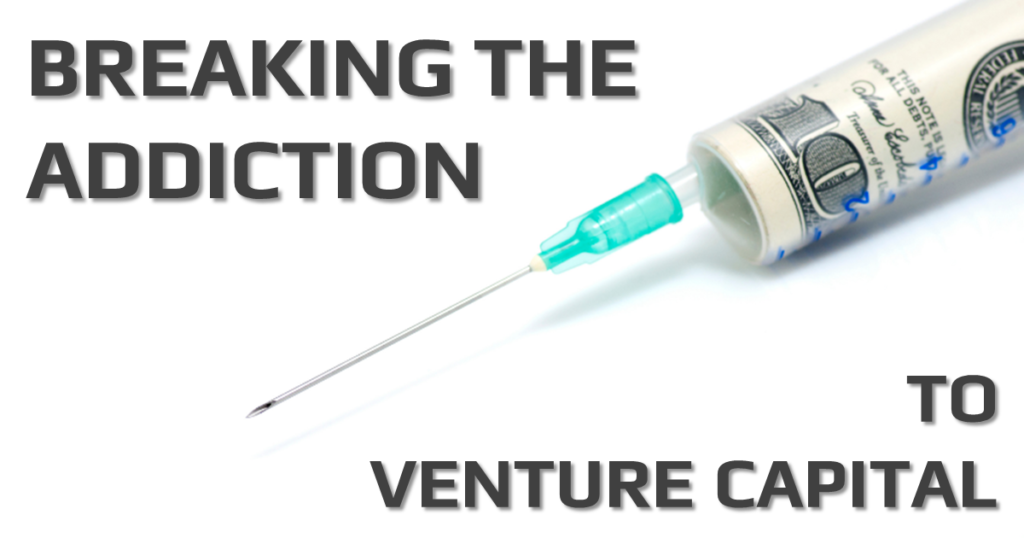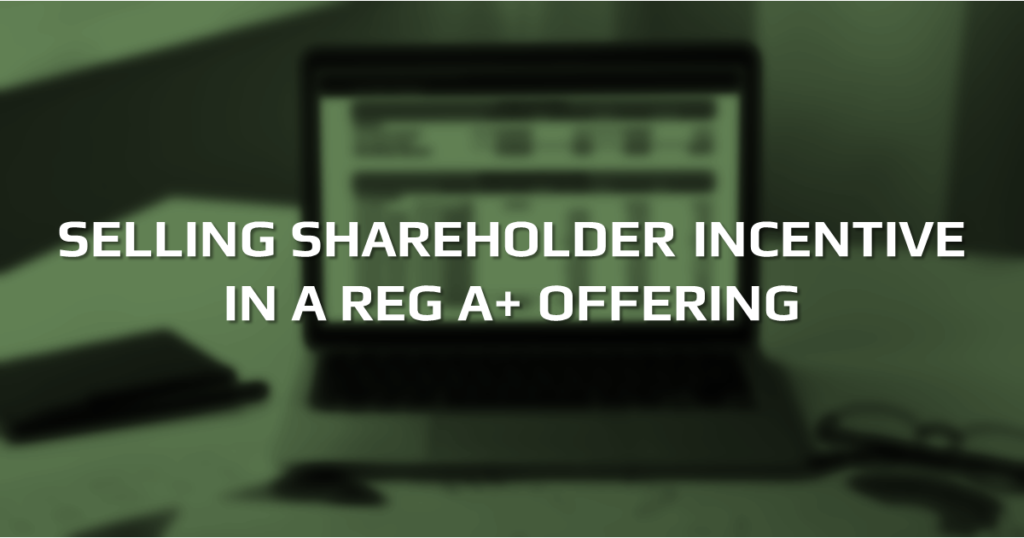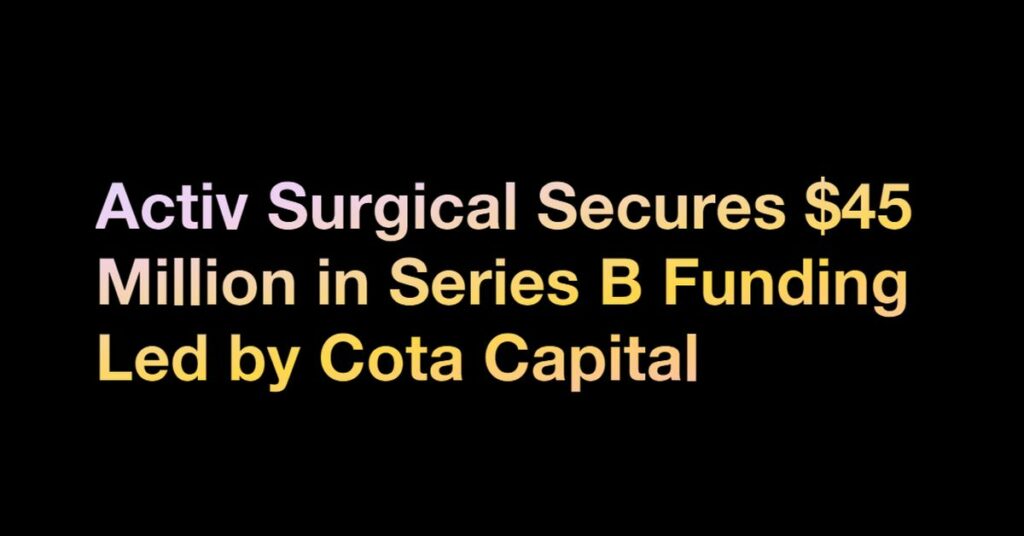The $3 Billion Virtual IPO
The push to video conferencing during the pandemic has changed the world of raising capital forever. This CEO raised over $3 billion in their “virtual IPO”, meeting over 1,000 people, including high-profile fund managers, in one-on-ones and groups, via zoom over a 7-day period.







The Effects of the JOBS Act on Biotech Startups
The 2015 JOBS Act, including Regulation A+, is driving the biotech industry forward. Biotech companies are getting to their IPOs faster, at higher valuations, and using the money to fund further R&D, and hiring to support it.